Many people consider apple cider vinegar a cure-all for various ailments. Certain applications are debatable, but what about for fleas? Unfortunately, apple cider vinegar does not kill fleas. There are claims that it helps repel them, but such evidence has not been found in scientific literature.
Even if a flea’s palate does prefer meals not soaked in vinegar, they can simply move to a new place on your cat in order to feed. Apple cider vinegar will not prevent your cat from getting fleas. Read on to learn more.
The 6 Reasons Why Apple Cider Vinegar Won’t Work on Fleas
There are a few reasons that apple cider vinegar won’t work on fleas.
1. Apple Cider Vinegar Does Not Last Long
One of the main problems with the argument that apple cider vinegar repels fleas is that it evaporates quite quickly, and your cat will groom and lick off any residue. Even if it did repel them, it would stop working too fast. Spraying your cat with vinegar every day seems tedious. Or would it need to be done every hour? Either way, this is not practical.
Most modern veterinary flea treatments are designed to last 24/7 for a month at a time. You either place the topical drop on their shoulders or give them a tablet to eat once every 30 days. This is way less work for you.
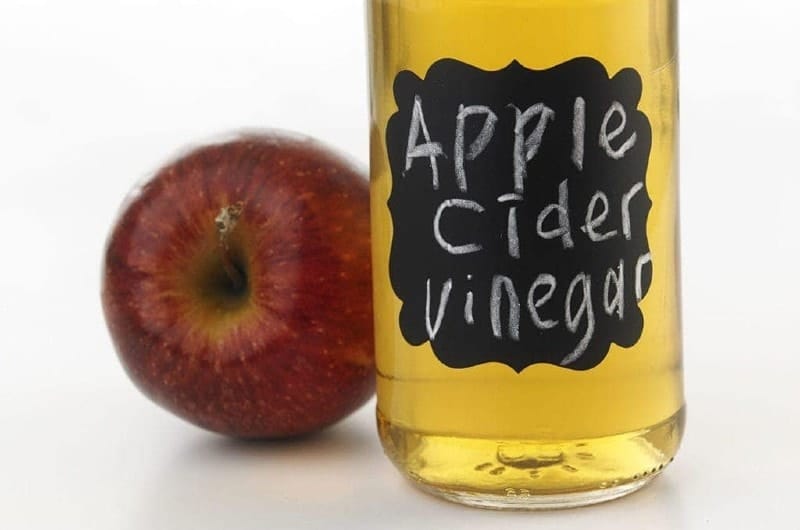
2. Fleas Move Constantly to Avoid Noxious Substances
All a flea would have to do is jump on and off your cat to avoid an apple cider vinegar treatment. (This is assuming that they are repealed by it at all, which is unlikely.)
You could spray your entire house with vinegar at a high enough concentration to get them to jump through the doors and windows and out of your house; however, it’s not likely to be practical or effective.
Veterinary flea sprays exist to spray in your house, and they kill the fleas or their eggs. They help manage flea infestations by killing the fleas hiding in your carpet, between the floorboards, in the corners, and under the couch.
3. Fleas Live on the Skin, Not on the Fur
Spraying your cat with vinegar doesn’t remove fleas from where they live. Cat fur creates a protective barrier between the skin and the outer layer of fur.
Spraying an apple cider vinegar mist over a cat would just leave a thin layer on the outer protective layer of fur, and little—if any—would get down to the fleas on the skin. Most cat fur is water resistant; it wicks water away to keep the skin safe and dry, creating a perfectly warm, safe, snug home for fleas to hide.
Furthermore, fleas don’t eat the tips of your cat’s fur; they eat far below it at the level of the skin. Unless you are soaking your cat to the skin with vinegar, it’s not clear how it would affect fleas.
When you apply a topical flea treatment, you part the fur between their shoulders and nestle the tip of the pipette directly onto the skin. If you drop the liquid flea treatment onto the fur, it will not spread across the skin but sit on the fur until it disappears. Topical treatments must be applied to the skin—not the fur—to stick.
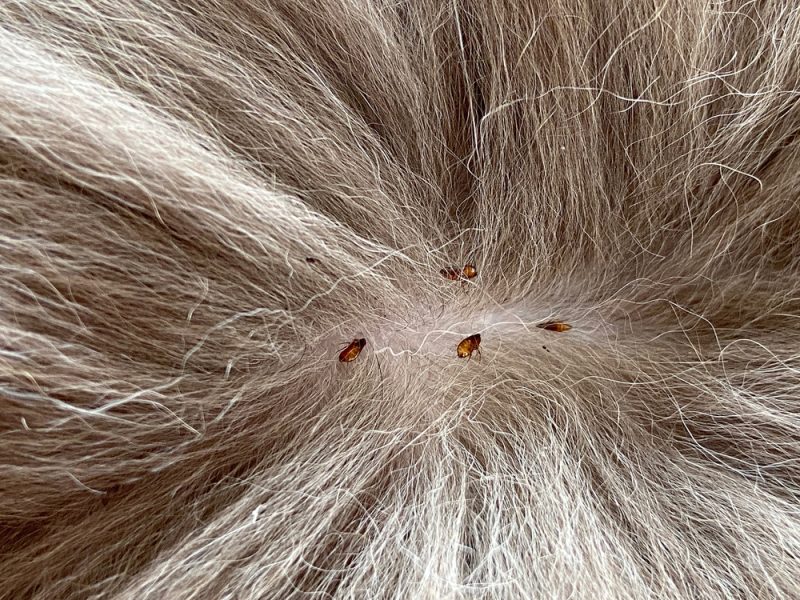
4. Flea Eggs Spread and Are Hidden
Apple cider vinegar will not kill flea eggs. Fleas lay eggs that roll off and spread into the carpet and crevices of our homes. These eggs can remain dormant for months and only hatch when conditions are ideal. Once they hatch, though, they jump right up onto your cat.
Fleas’ ability to hide for extended periods of time as eggs creates a constant source of reinfection. A female flea can lay about 30–50 eggs a day!
There are veterinary flea sprays that help treat your house. When sprayed on the carpet or into the corners of your house, they kill the flea eggs, reducing the source of fleas. Vacuuming and sweeping can help reduce the number of eggs, but it often does not get all the eggs. Live fleas can easily hop away from oncoming vacuums.
5. The Apple Cider Vinegar Concentration Is Weak
The concentration or amount of apple cider vinegar that is hypothetically needed to repel fleas is unclear. Also, keeping that hypothetical concentration high enough would be a difficult task.
Veterinary treatments stay within a concentration range that immediately begins killing fleas within the first bite. Killing fleas immediately is important because they start laying many eggs quickly—within 24 hours.
This is why even if your cat does not have fleas, it is good to give them treatments to prevent them from invading and spreading their eggs in your house, especially in warm weather or places where there are a lot of other cats or even dogs.
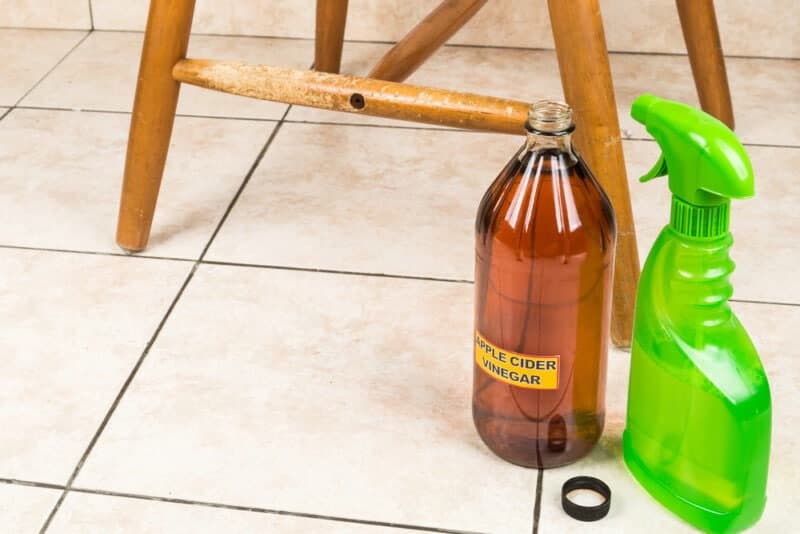
6. Fleas Can Develop Immunity to the Vinegar
Even with modern medical treatments—insecticides—fleas develop immunity to them. All it takes is a couple of fleas to not be killed by an insecticide before a tolerant—resistant—population of fleas is established. There are populations that are more resistant to flea treatments than others. So, if you have tried one flea product that did not work, try another one or two.
If fleas can become resistant to insecticides, it would not take long for them to get used to homes scented with vinegar. There are likely already populations of fleas that have developed a taste for vinegar-scented skin.
Would an Apple Cider Vinegar Bath Work?
While some bathing products may seem like they are washing away the fleas, fleas are not only extremely good at hiding and sticking to the fur, but they can also jump on and off your cat. So, as soon as your cat is not in the bath, they walk back across the carpet and jump onto your cat. This is one of the reasons that bathing and even combing for fleas does not always work; they are too good at hiding and jumping.
The only thing that will protect your cat is a substance that cannot be avoided, which is why flea treatments invade their food source: the blood of the skin. So even if the flea jumps off, when they come back (and they always do), they ingest the insecticide and are killed.
If you need to control fleas in your cat, reach out to a vet for the best course of treatment.
If you need to speak with a vet but can't get to one, head over to PangoVet. It's an online service where you can talk to a vet online and get the advice you need for your pet — all at an affordable price!

Conclusion
Apple cider vinegar, or any type of vinegar, will not help you control fleas. While it sounds like an easy solution to an itchy problem, it is not an effective method. Instead of trying it, reach out to your vet about flea treatments for your cat.
Related Reads:
Featured Image Credit: focal point, Shutterstock

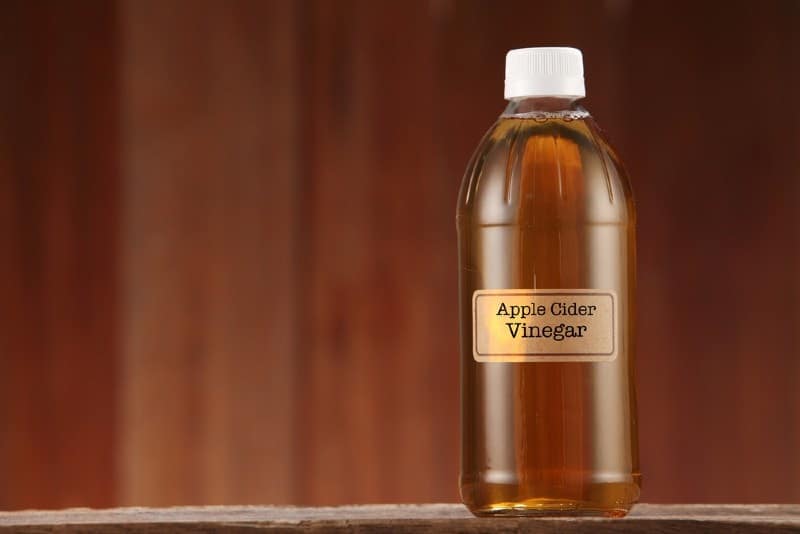


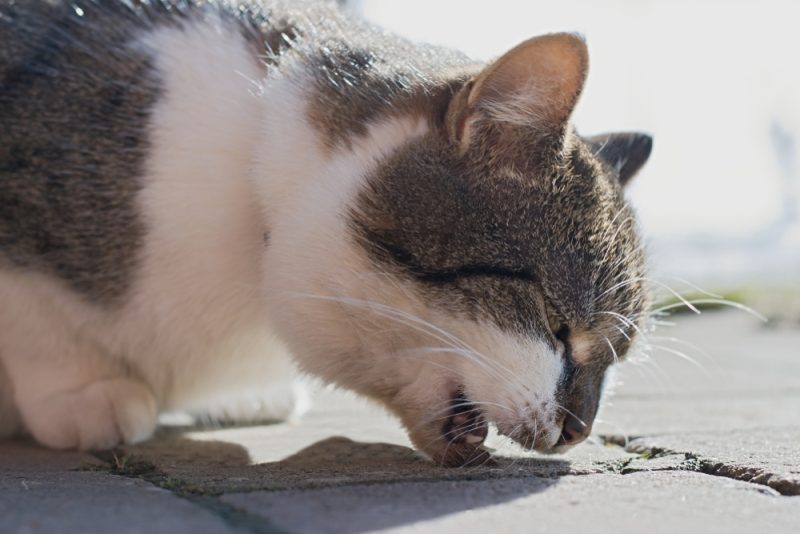

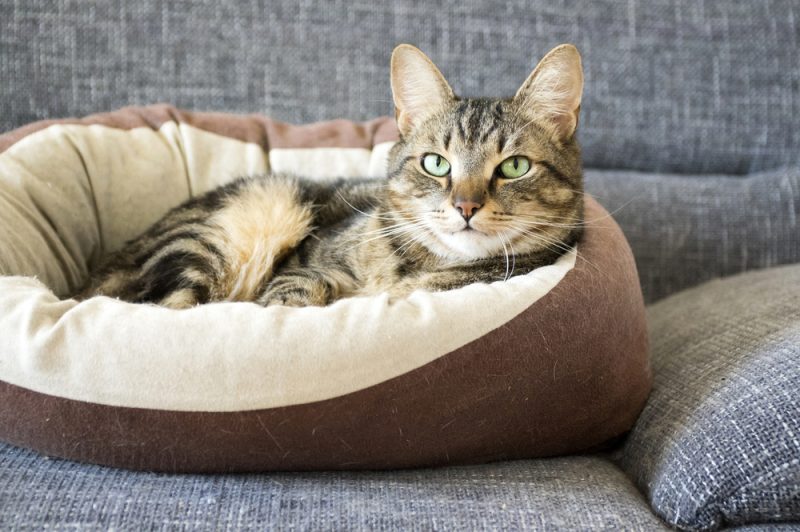

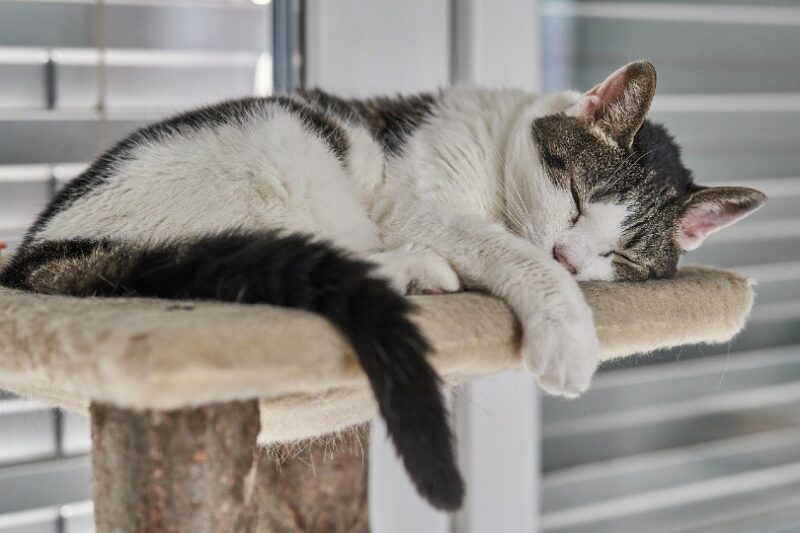

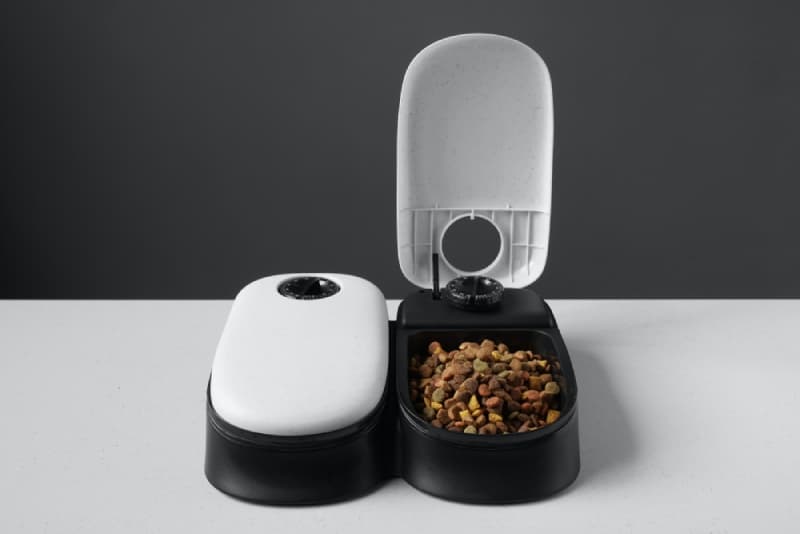
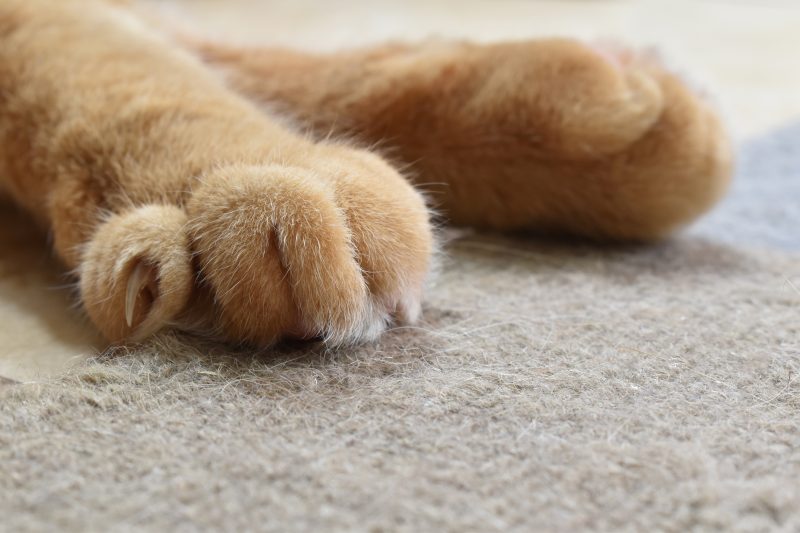
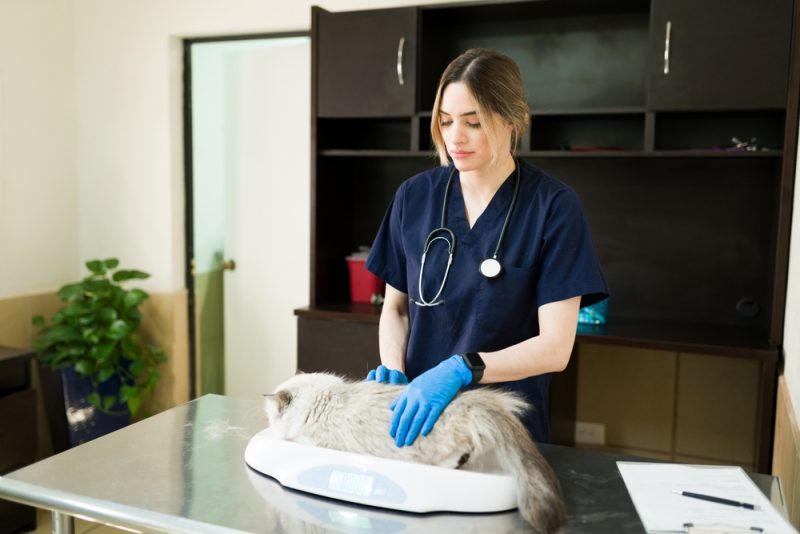
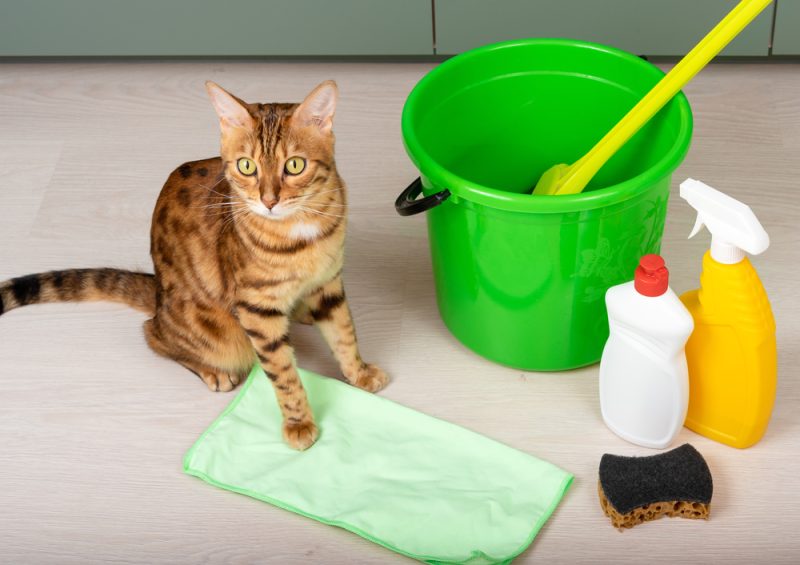
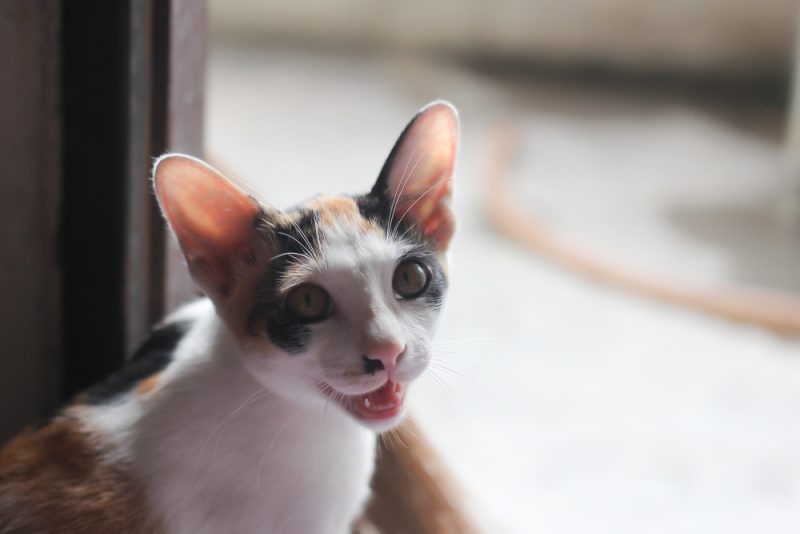
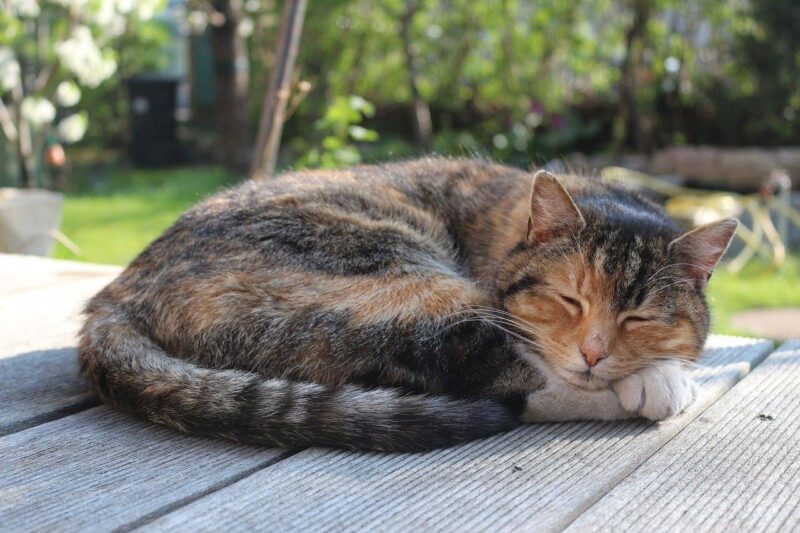
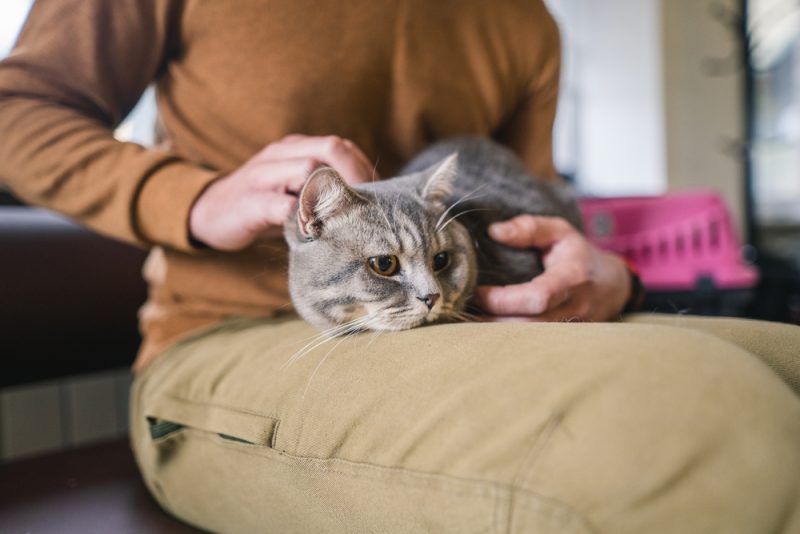
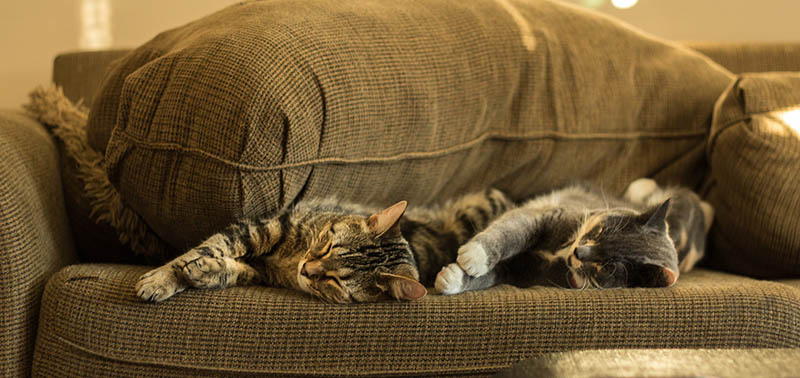



2 Responses
Must I buy only Pharma flea products ($$$$) or can I use a mixture of Dawn Dishsoap and h2o and spray directly on my healthy indoor cat? i HAVE NO IDEA WHERE FLEAS CAME FROM. Feel really bad because I must be the culprit!!!
Hello again Janice, here are some other posts you might find useful:
How Did My Indoor Cat Get Fleas? 7 Possible Reasons – https://www.catster.com/cat-health-care/how-did-my-indoor-cat-get-fleas/
My Cat Has Fleas! How Do I Clean My House? Vet-Approved Advice & Best Practices – https://www.catster.com/cat-health-care/cat-has-fleas-how-to-clean-house/
If you need further assistance please don’t hesitate to contact www.pangovet.com, they will be happy to advise you.